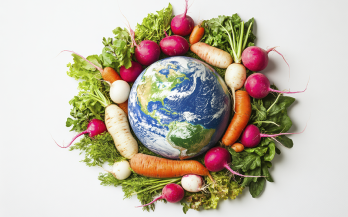

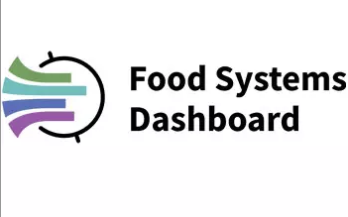
The Food Systems Dashboard: Then and Now
Five years ago, fragmented food systems data made it challenging for stakeholders to take away meaningful insights for evidence-based decision-making. Today, the Food Systems Dashboard has transformed the data landscape and become an indispensable resource for food systems stakeholders worldwide, providing nearly 200,000 users with comprehensive, visual data and expert analysis that can help turn data into action and insights into impact.
Business Engagement at UNFSS+4: The Experience of GAIN supported MSMEs
The Second United Nations Food Systems Summit Stock take (UNFSS +4) which held 27–29 July 2025 in Addis Ababa, co‑hosted by Ethiopia and Italy – closed with a powerful reaffirmation of political will, partnership, and accountability in support of sustainable, inclusive, and resilient global food systems transformation. It brought together 3,500+ participants, 145+ national delegations and 700+ non-state actors. Participants from governments, civil society, producers, youth, Indigenous Peoples, academia, and the private sector gathered for Plenary sessions, High-level Panels, Ministerial Roundtables, Investment Dialogues, and Stakeholder-led constituencies.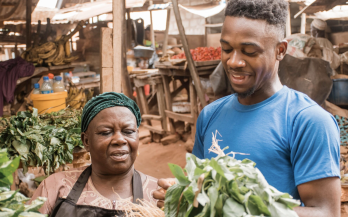
Business Engagement at UNFSS+4: The Experience of GAIN supported MSMEs (Interview with Max)
The Second United Nations Food Systems Summit Stock take (UNFSS +4) which held 27–29 July 2025 in Addis Ababa, co‑hosted by Ethiopia and Italy – closed with a powerful reaffirmation of political will, partnership, and accountability in support of sustainable, inclusive, and resilient global food systems transformation. It brought together 3,500+ participants, 145+ national delegations and 700+ non-state actors. Participants from governments, civil society, producers, youth, Indigenous Peoples, academia, and the private sector gathered for Plenary sessions, High-level Panels, Ministerial Roundtables, Investment Dialogues, and Stakeholder-led constituencies.
THRive Together: Advancing Nutrition Resilience Through Community Delivery Systems
The Take-Home Ration (THR) component of India’s Supplementary Nutrition Programme, the world’s largest flagship supplementary feeding programme under POSHAN 2.0 and Saksham Anganwadi, is a key intervention to improve the nutrition of children 6-36 months, adolescent girls, pregnant women, lactating mothers. THR has evolved over the years to ensure it provides adequate amount of daily and protein for children and PWLMs, with recent updates emphasizing macro- and micronutrient profiles and limiting added sugars, salt, preservatives, and synthetic additives.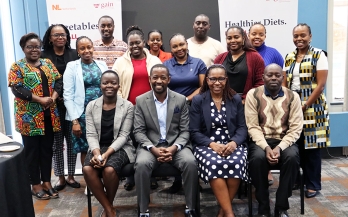
Media Urged to Champion Nutrition Agenda Amid Surge in Diet-related Non-Communicable Diseases (NCDs)
Senior editors and nutrition media champions met in Nairobi on Friday for a Media Roundtable on Nutrition Education and Advocacy, jointly hosted by the Ministry of Health and the Global Alliance for Improved Nutrition (GAIN) Kenya.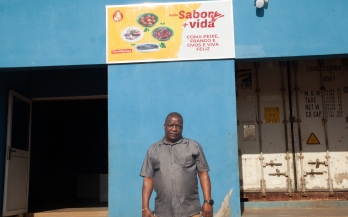
Mozambique: Nourishing rural markets with fresh and safe food supplies
Chimoio, Mozambique – A white Hino truck rattles under its own weight on the bumpy road, while its tires throwing particles of dust from the asphalt in the air from the district of Cantandica, Manica province, central Mozambique.Healthier diets
FOR ALL
Bite the Talk EP 26 : The Climate & Nutrition Story with Oliver Camp
GAIN AT:
COP30
📍Belém, Brazil
📅 10th–21st Nov 2025
Global leaders meet in the Amazon for COP30 to drive the next phase of climate action
World Children's Day 2025
📅 20th Nov 2025
Every child has the right to grow, learn, and thrive. Nutrition, education, and protection are not privileges they are rights
Advancing Synergies Across Nutrition and Climate Action
I-CAN ASSESSMENT 2025
The Food Systems
Dashboard
Then and Now
Today, the Food Systems Dashboard has transformed the data landscape
Vision
and mission
GAIN’s mission is to advance nutrition outcomes by improving the consumption of nutritious and safe food for all people, especially the most vulnerable to malnutrition.
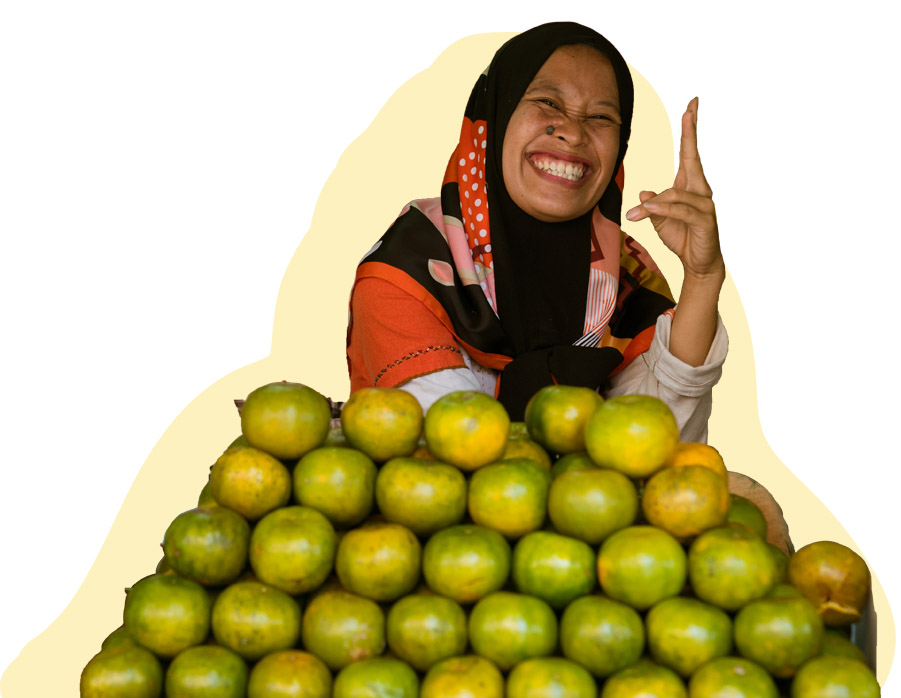
Programmes
For the past 20 years GAIN programmes have delivered impact locally and inspired policy for national and global action. The focus of all of our programmes is on transforming food systems so that they deliver better diets for everyone.
Countries
We have twelve country offices where we deliver the majority of our programmes. GAIN is a global organisation with presence in 20 countries.

A Recipe for Impact? Using End-User Surveys to Understand the Impact of Nutrition-focused Investment
Investing in companies that support nutritious food value chains could be a triple win for farmers’ livelihoods, their nutrition, and that of the end consumers of their products – but how do we know it actually works? Over the past few months, the Nutritious Foods Financing Facility (N3F) has been working with our first few investees and the leading impact-measurement specialist 60 Decibels to try and find out.